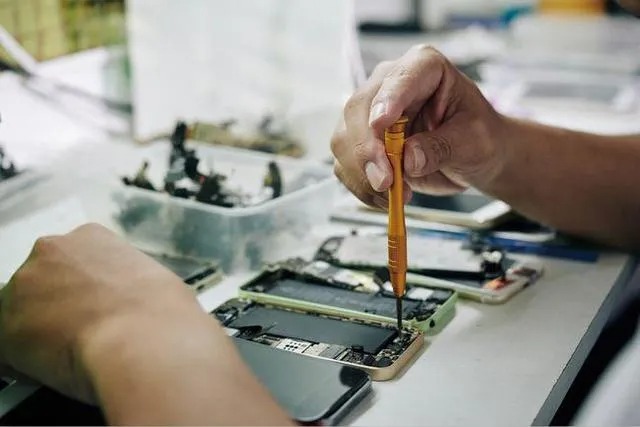The typical warranty period for smart locks is two years for mechanical parts and one year for electronic components. This is similar to the one-year warranty offered for mobile phones of comparable value.
Why Does the Warranty Feel Insufficient?
Customers often wonder: if they’re spending $200–$300 on a smart lock, why does it feel like the warranty is inadequate compared to a phone? The answer lies in perception. Many people view locks as a long-term investment. For instance, a mechanical lock costing $50 can last 10 years without issues. When a $300 smart lock malfunctions after a year, requiring paid repairs, customers feel cheated. The sentiment is: “For this price, shouldn’t the warranty be longer? Or is the quality subpar?”
This perception stems from the mismatch between expectations and value. For a smartphone, a $300 price tag and a one-year warranty are acceptable, even though the phone may experience performance issues after a year. The high cost of repairs often leads users to replace their phones rather than fix them. In fact, the rapid evolution of smartphone technology and designs often motivates people to upgrade willingly, making them less concerned about warranty duration.
Different Expectations for Smart Locks
In contrast, the primary expectation for a smart lock is durability. Homeowners don’t switch locks for aesthetic reasons or new features; they simply want the lock to function reliably. A stylish design may be appreciated initially, but its appeal fades since it isn’t frequently shown off. People generally expect a smart lock to last for years, possibly even a lifetime, without the need for repairs.
As a result, customers apply the durability standards of mechanical locks to smart locks. This is unrealistic because smart locks rely on electronic components, which, like all electronic devices, are subject to faults and obsolescence.
What Usually Breaks in a Smart Lock?
When a smart lock malfunctions, the issues are typically with the fingerprint sensor or keypad, not the mechanical parts. Importantly, the lock’s core function—opening and closing doors—remains intact, as it can still be operated with a physical key. In this sense, the smart lock can still perform like a traditional lock for many years.
However, using a smart lock as a mechanical lock defeats the purpose of the investment. After spending several times more than a standard lock, customers feel justified in expecting a longer warranty and better reliability.
Positive Industry Changes
Recognizing customer dissatisfaction, many smart lock manufacturers and retailers are improving product quality and extending warranty periods. This trend is a positive step for consumers, providing greater confidence in their purchases.
Ultimately, while the warranty period for smart locks may seem short, understanding the nature of electronic products and the industry’s efforts to improve can help bridge the gap between expectations and reality.
Post time: Jan-22-2025






